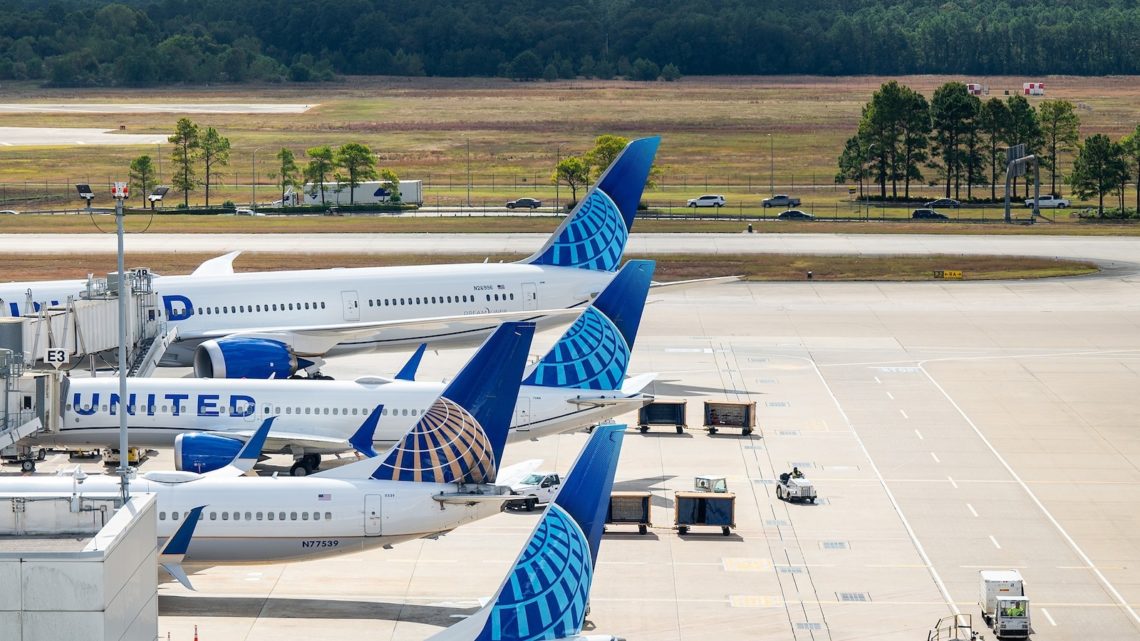With thousands of flights set to be impacted by the 10% reduction at U.S. airports, experts say travelers could feel ripple effects far beyond the 40 major hubs initially listed.
After the Federal Aviation Administration directive was announced on Wednesday to cut flights amid the ongoing government shutdown, airlines have started to share plans for vouchers, refunds and rescheduling protocols as the carriers are forced to shift flight schedules in order to maintain safe airspace operations.
The restrictions set to go into effect Friday morning will impact Atlanta’s Hartsfield-Jackson, Boston Logan, all three New York City-area airports, Chicago O’Hare and many others.
Click here to see the full list of airports.
What travelers need to know amidst FAA flight reductions
With cancellations now certain, travel expert Katy Nastro from Going, a membership-based website and newsletter that finds flight deals, told ABC News that the impact of “what flights and to what travelers is still very much unknown.”
“Travelers may opt out of travel altogether to avoid this impending mess, making TSA numbers look a lot different,” she said.
What types of flights will be impacted?
“International flights should not be impacted” for most carriers, but Nastro said that “regional and less full flights may be targeted per airline guidance.”
Nastro predicts that “less full flights to smaller cities, or flights with more limited schedules to begin with, are most likely on the chopping block.”
Which airports will see flight disruptions?
“Those airports impacted reach far beyond the initial list,” Nastro said. “While 40 U.S. airports is a lot, the effects on travelers can reach far beyond just the single airport since almost 70% of all U.S. flights are either to or from any of these airports.”
As such, she said the list starting at less than 10% will grow in the coming days.
“For travelers, that means, in some form or another, you may get impacted even if not flying out of the listed 40,” Nastro added.
What airlines are doing to help travelers amid planned cancellations
United Airlines, Delta Air Lines and American Airlines have all announced they will honor waivers.
Delta said it will allow changes to all ticket types, including basic economy, for impacted flights, along with refunds for cancellations.
“Waivers are golden tickets for travelers, meaning they can make changes without additional costs,” Nastro reminded.
How could reduced flights impact travel day timing?
As airlines scramble to make changes by Friday, cancellations on the horizon will bring with them longer delays and even tighter connections for those with layovers.
“If a flight does get canceled, travelers are owed a full refund for the ticket, full stop,” Nastro said. “If they are presented with a credit, they have the right to refuse and ask for a monetary refund.”
Click here for even more details about passenger rights for refunds.
What about travel insurance or buying new last-minute tickets?
“Last-minute tickets will be expensive, and travel insurance may not save the day. With fewer flights available to rebook onto, last-minute fares are rarely cheap,” Nastro said.
“Most insurance policies won’t cover shutdown-related disruptions outright,” she added, “because this is now a foreseen event, coverage would only apply if the plan was purchased before Oct. 1.”
Instead of spending money on a policy now, Nastro suggests travelers should “check what protections their credit card already offers, and what policies include a ‘common carrier’ disruption benefit, which can serve as a workaround in this scenario.”
The post What travelers should expect at airports as FAA cuts flights across the country appeared first on ABC News.




